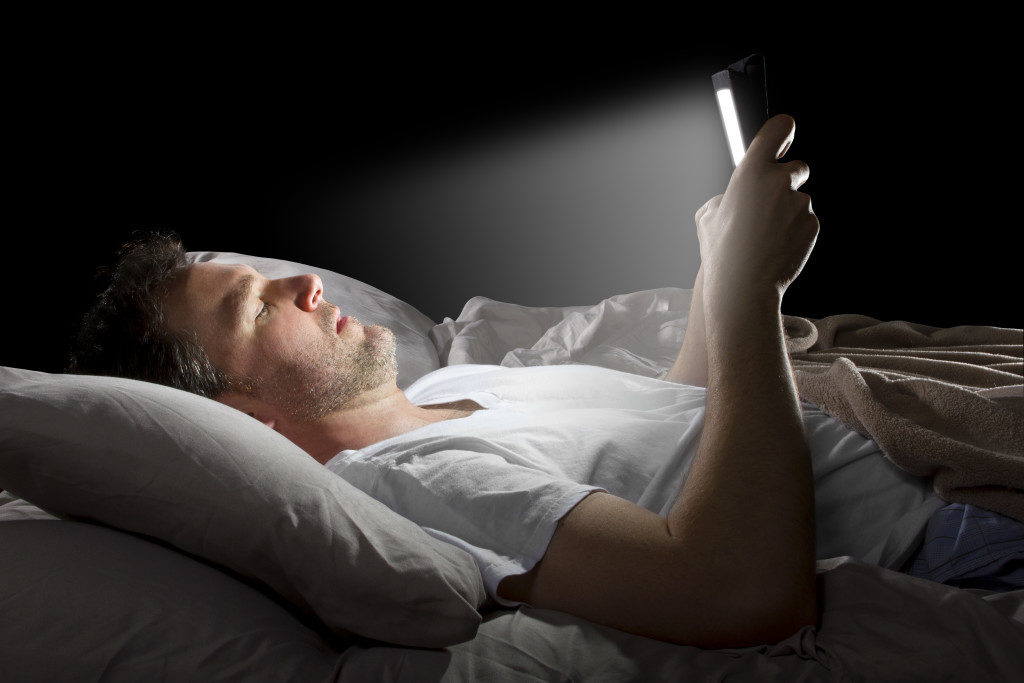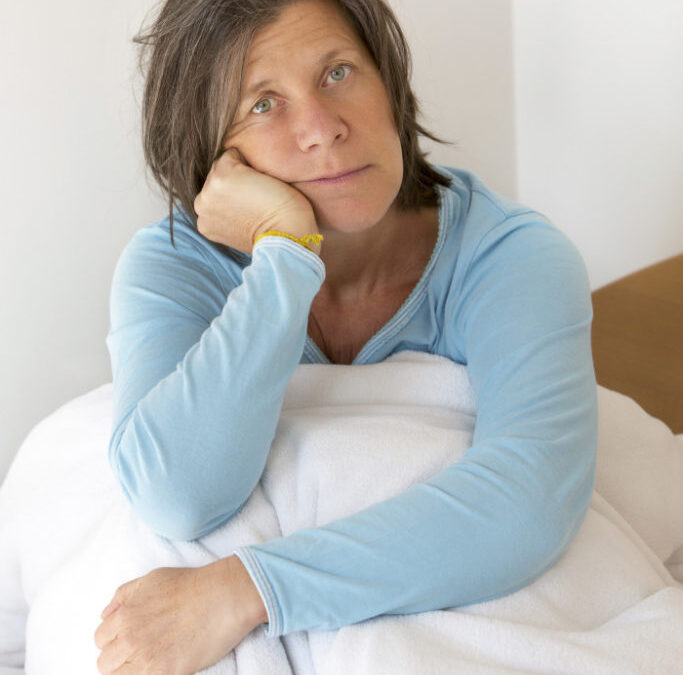Sleep brings about unconscious bliss, helps the body regenerate and allows the brain to process and retain memories from the day. Yet, a recent study found that 1 in 3 Americans aren’t getting the recommended 7 hours of sleep per night. The technical name for this condition is insomnia, which occurs when someone has the time and opportunity to sleep but cannot fall asleep or stay asleep.
If you’re part of the population that doesn’t get enough sleep, here are some tips to help you end insomnia and lose weight, as well as improving your overall health.
Find the Cause of Your Insomnia
Insomnia isn’t an isolated health issue. It’s interconnected with lifestyle choices, from what you eat and drink to how physically active you are; from how well you manage your stress to when you go to bed and when you get up. It’s sometimes hard to prioritize a healthy lifestyle, especially since there’s so much innovation and development going on in the Triangle. If you live in or work in the RTP, there’s a good chance you’re part of major transformations in the biotech, life sciences or information technology field.
If you sometimes — or frequently — experience insomnia, it helps to find the cause of your insomnia and then find solutions from there. If you’re not sure what the cause could be, ask yourself these questions:
- Do I have a stable sleep schedule? Poor sleep habits such as an irregular sleep schedule or doing something stimulating before bed can lead to insomnia.
- Is there anything in my bedroom that’s distracting or causing me stress before bed? Though the ideal sleep environment varies from person to person, the best approach to ensuring a good night’s sleep is having a dark, quiet, relaxing bedroom with a comfortable temperature. Bright screens such as televisions, cellphones and tablets may distract you or cause stress, making it difficult to fall asleep.

- Could I have depression or anxiety? Sleep researchers have found that insomnia is often a secondary condition to another serious, unaddressed or unmanaged condition. For example, if you experience depression, you may sleep too much or too little, making it difficult to sleep when you need to. With anxiety, including everyday anxieties or more serious disorders such as post-traumatic stress disorder, rapid thoughts and worries can lead to insomnia.
Ditch the Caffeine
Another sleep tip is to limit or eliminate your caffeine consumption. Caffeine can disturb sleep if consumed in high quantities or too close to bedtime because it’s a stimulant. It can be found in many different foods and drinks, including coffee, chocolate, teas and some soft drinks.
It’s possible that caffeine can be consumed and not disturb sleep because your body gets rid of it quickly; 75 percent of caffeine is completely out of the body within 8 to 10 hours. This means a cup of coffee when you wake up probably won’t disturb your sleep or lead to insomnia, but a cup of coffee after dinner could.
Track Your Sleep
Track your sleep patterns, including what you do for at least a few hours before going to bed. Ways to track your sleep and pre-sleep habits include:
- Apps — You can download smartphone apps to help you track patterns, and some apps can even determine the best time to wake you up — during light sleep — so you feel refreshed. Sleep apps available for iOS and Android include Sleep Cycle, Sleep Time + and Sleep Genius.
- Devices — Many wearable health devices, from companies like Jawbone, Fitbit, Under Armour and Garmin, can track sleep. There’s also a device called Leaf, designed specifically for women, that helps track activity, sleep and the reproductive cycle.
- Journal — A sleep journal, written on paper in a notebook, can also be an effective way to end your insomnia. It should take about two minutes to complete and should be filled out in two phases: before bed and when you wake up. Before you try to sleep, write down details about your day such as how much energy you had, how much alcohol, caffeine and/or tobacco you consumed and when, any events that caused an unusual amount of stress, and what time you went to bed. In the morning, write how long you slept, how well you slept (including times you woke up), how you feel and what time you woke up.
You might discover that your 4 p.m. coffee may be keeping you up, or having two wine spritzers before bed makes you wake up in the middle of the night. The sleep tips you’re looking for may be lifestyle modifications such as adjusting your diet, exercise and stress management.
Discuss the Option of Sleep Aids with Your Physician
Your primary care physician has training, experience and wisdom and can help you end insomnia and lose weight to live a long, healthy life. However, traditional medical school doesn’t spend much time on the topic of sleep, and one study found that a mere 25 percent of primary care providers asked their new patients about insomnia or other sleep-related concerns.
That means it’s up to you to bring up the topic of insomnia and, if you’re interested, to ask your physician about sleep aids. A huge hurdle with diagnosing and treating sleep disorders is that there are more than 60 unique disorders and many more treatment options. Sleep aids can help treat insomnia and can range from prescription medications to natural remedies. Talk to your physician about your lifestyle, when you experience insomnia and whether sleep aids are right for you.
Sources:
http://www.mayoclinic.org/diseases-conditions/insomnia/basics/causes/con-20024293
https://sleepfoundation.org/sleep-topics/caffeine-and-sleep
http://www.sleepcycle.com/howitworks.html
https://www.psychologytoday.com/blog/the-land-nod/201310/how-track-your-sleep

